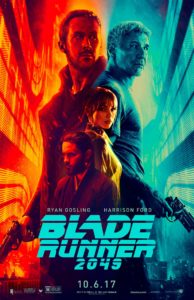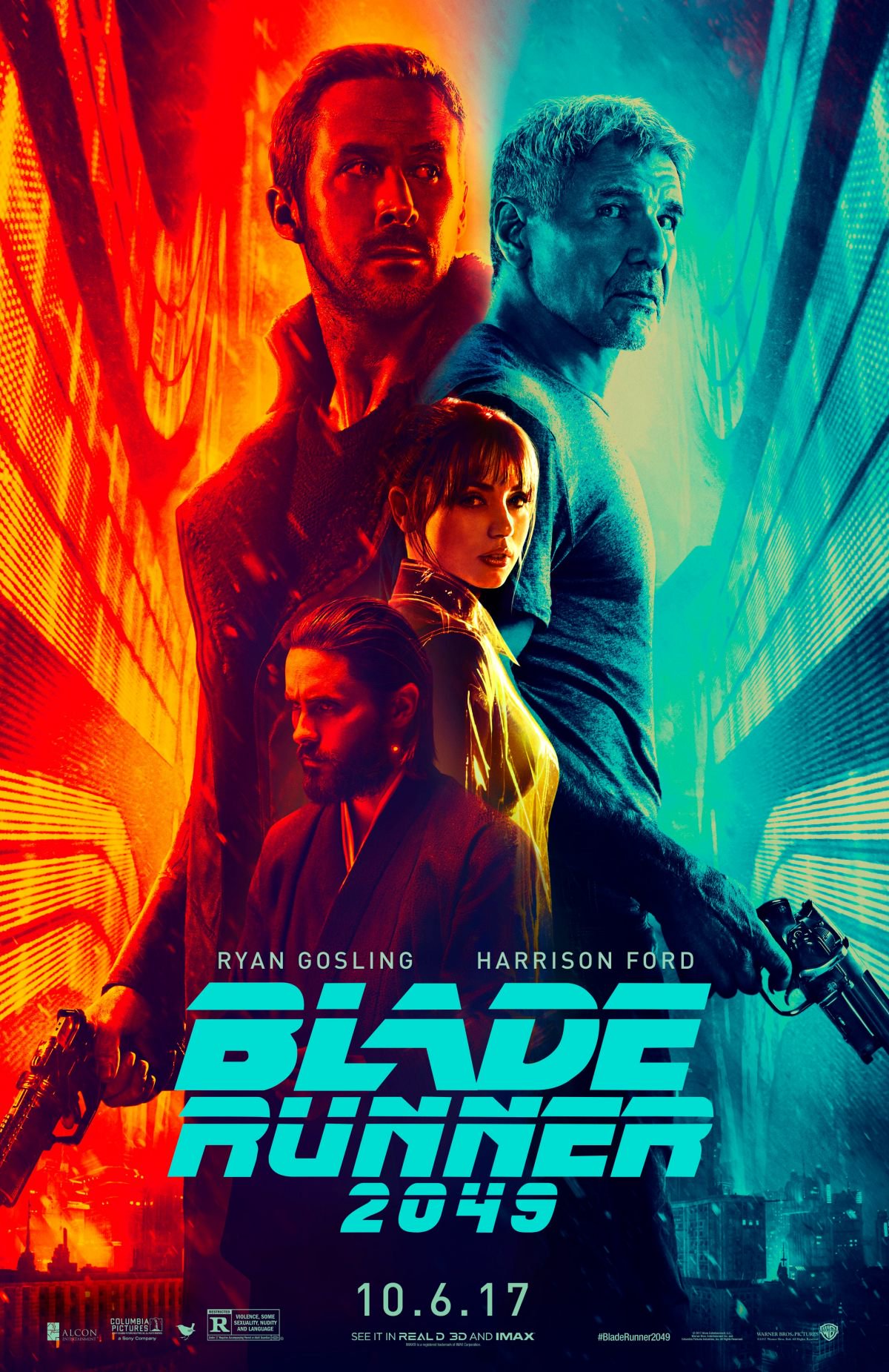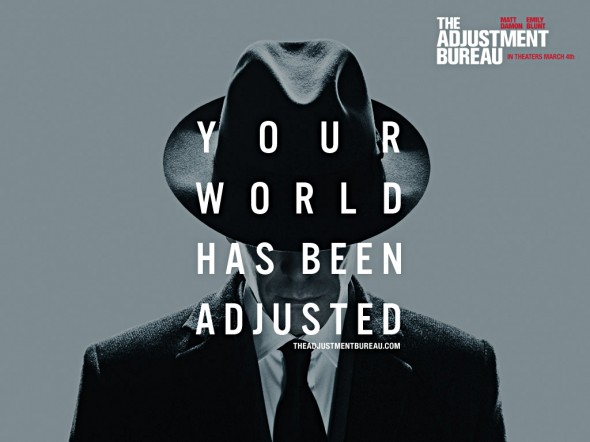Blade Runner 2049
Posted on October 3, 2017 at 1:59 am
A-| Lowest Recommended Age: | Mature High Schooler |
| MPAA Rating: | Rated R for violence, some sexuality, nudity and language |
| Profanity: | Some strong language |
| Alcohol/ Drugs: | Drinking, smoking |
| Violence/ Scariness: | Extended and explicit peril and violence, characters injured and killed, |
| Date Released to Theaters: | October 6, 2017 |

I hate to admit it, but I think they’re right. I really do want you to have the same experience I did, including all of the movie’s surprises. So forgive me for being oblique, and after you’ve seen it, come back and we can discuss it in detail, all right?
In the original “Blade Runner,” based on the story “Do Androids Dream of Electric Sheep?” by Philip K. Dick, Harrison Ford played Deckard, a 21st century detective sent to find and terminate four “replicants,” humanoid robots created to perform physical labor but who somehow are evolving to the point where they want to be independent of human control. Replicants are so close to being human in appearance and manner (and, in the future, life is so dystopic that humans have become less feeling, less compassionate) that it is increasingly difficult to figure out who is human and what being human means. Like Deckard, K (Ryan Gosling) is a blade runner, sent by Joshi, his human boss (Robin Wright), to find the older generation of replicants and terminate them. The new generation of replicants is more obedient, or at least that is the way they are programmed. “It’s my job to keep order,” she tells him. She gives him a new assignment and when he hesitates she asks, “Are you saying no?” “I wasn’t aware that was an option.” “Atta boy,” she says approvingly. K has uncovered something that Joshi believes is an extermination-level threat to humanity as what accountants call a going concern.
This film explores ideas of memory, identity, and, yes, humanity. And it does that through a detective story that is grounded in a Raymond Chandler noir world of deception and betrayal, taking place in a gorgeous, brilliantly designed dystopian future of perpetual rain where organic material is barely a memory and huge, Ozymandias-like ruins carry faint reminders of better times and grander ambitions. Most people have never seen a tree, even a dead one, and a crudely carved wooden toy is priceless. A woman creates pleasant childhood memories to be implanted so that replicants will be more stable, more empathetic, and easier to control. The trick about control, though, is that nature will rebel against it, and those who try to maintain control by sending people or replicants or anyone out to investigate and ask questions is going to find that knowledge can dissolve authority.
That’s about all I can say except to add that Gosling and Ford are outstanding and Sylvia Hoeks is a standout as a character I can’t tell you anything more about, while Jared Leto is the movie’s weak spot as another character I can’t tell you anything about. So I’ll end by saying that this is that rare sequel deserving of its original version, not because it replicates — for want of a better word — the first one, but because it pays tribute (note touches like the see-through raincoat) and then finds its own reason for being, and we are lucky enough to come along.
Parents should know that this film includes extended sci-fi/action violence with graphic and disturbing images, characters injured and killed, reference to torture, drinking, smoking, some strong language, sexual references and situations, prostitutes, and nudity.
Family discussion: What elements or concerns about today’s society are the basis for this vision of the future? What rules would you make about replicants? What is the most human aspect of the replicants?
If you like this, try: the original “Blade Runner,” “Terminator 2,” “Total Recall,” “Children of Men,” and the writing of Philip K. Dick



